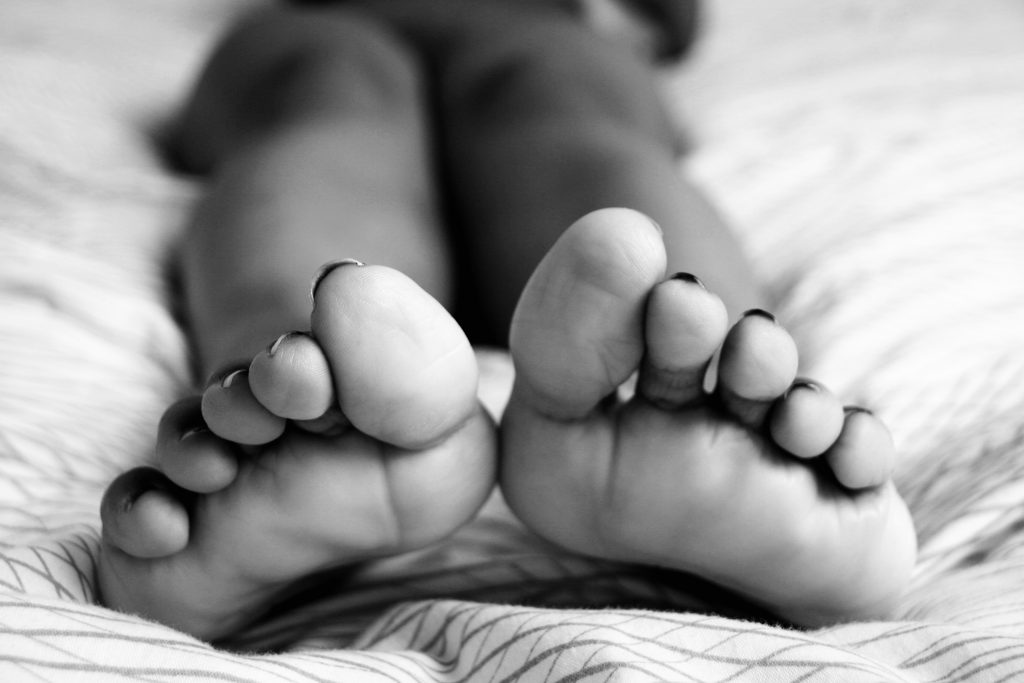 As if having car troubles was not bad enough, imagine also losing your toe in the process. Well, that exact scenario happened to Valerie Babin. After her vehicle broke down in Gonzales, Louisiana, Ms. Babin called American Towing Enterprises to tow her vehicle. An American Towing Enterprises’s employee, Floyd Russo, arrived to help Ms. Babin. At this point, Ms. Babin’s day went from bad to worse. As Mr. Russo partially loaded the vehicle onto the truck’s flatbed, Ms. Babin went to turn off her vehicle’s emergency flashers. At the same time, Mr. Russo lowered the truck bed, which landed on Ms. Babin’s foot, crushing her big toe. Despite attempts to save her big toe, Ms. Babin eventually required surgery to remove it.
As if having car troubles was not bad enough, imagine also losing your toe in the process. Well, that exact scenario happened to Valerie Babin. After her vehicle broke down in Gonzales, Louisiana, Ms. Babin called American Towing Enterprises to tow her vehicle. An American Towing Enterprises’s employee, Floyd Russo, arrived to help Ms. Babin. At this point, Ms. Babin’s day went from bad to worse. As Mr. Russo partially loaded the vehicle onto the truck’s flatbed, Ms. Babin went to turn off her vehicle’s emergency flashers. At the same time, Mr. Russo lowered the truck bed, which landed on Ms. Babin’s foot, crushing her big toe. Despite attempts to save her big toe, Ms. Babin eventually required surgery to remove it.
Ms. Babin filed a lawsuit against Mr. Russo and American Towing Enterprises. At trial, the court awarded $673,380.35 in damages, finding Mr. Russo and American Towing Enterprises 60% at fault and Ms. Babin 40% at fault. When the injured individual is found partially at fault for his or her injury, his or her damages are reduced by the amount he or she was at fault. In Ms. Babin’s case, her fault reduced the total amount of damages to $404,028.21. Ms. Babin appealed the trial court’s determination of damages, claiming that the awarded amount was insufficient. Conversely, Mr. Russo and American Towing Enterprises appealed the trial court’s determination claiming that the amount awarded was excessive.
The Louisiana Court of Appeals (“the Court”) was tasked with determining whether the damages were insufficient or excessive. The Court examined two types of damages, general damages, and special damages. General damages often include mental or physical pain, suffering, inconvenience, loss of gratification or intellectual or physical enjoyment, or other losses of lifestyle. McGee v. A C And S, Inc., 933 So. 2d 770, 774 (La. 2006). The goal of general damages is to make the injured party whole. In other words, put the injured party in the same position he or she was at prior to the injury. Special damages are damages that the injured person will experience in the future. Ms. Babin argued that at minimum she should have received $400,000 for general damages and $557,028 in special damages for future medical care. The Court found that the trial court’s determination of general and special damages was reasonable. When addressing the amount of special damages for future medical care, the Court noted that the trial court awarded Ms. Babin $223,77.00 based on the testimony of two doctors at trial. When seeking future medical expenses, “the appellate record must establish that future medical expenses will be necessary and inevitable.” Bass v. State, 167 So. 3d 711, 716 (La. 2014). In addition, future medical expenses will not be supported when there is not medical testimony. The Court found the trial court’s determination of special damages was reasonable and disregarded the defendants’ argument that the awarded amount was unsupported by evidence. Lastly, the Court examined the loss of future wages. The loss of future wages requires the trial court to determine how much work the injured party will miss in the future because of his or her injury. For Ms. Babin, the trial court determined that Ms. Babin will lose $81,735.00 in future wages. The Court also found this amount reasonable.
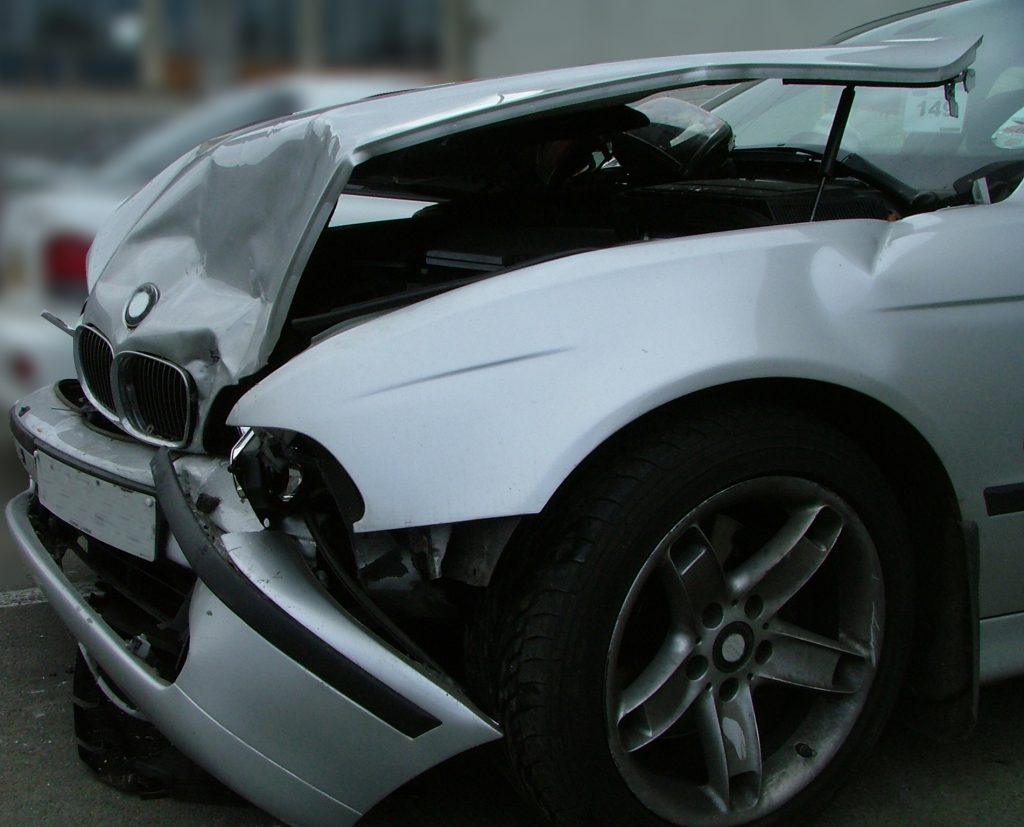 Sometimes judges and juries make mistakes that prevent injured parties from obtaining the relief they deserve. Both judges and juries can be swayed by arguments and make rulings that seem contrary to the weight of the evidence presented at trial. In such a situation, it is important to have an excellent attorney on your side to assert your rights and present you with proper avenues of appeal. Kimberly Guidry found herself in just this position after the trial court awarded her no damages for injuries she sustained in a car accident in Erath, Louisiana.
Sometimes judges and juries make mistakes that prevent injured parties from obtaining the relief they deserve. Both judges and juries can be swayed by arguments and make rulings that seem contrary to the weight of the evidence presented at trial. In such a situation, it is important to have an excellent attorney on your side to assert your rights and present you with proper avenues of appeal. Kimberly Guidry found herself in just this position after the trial court awarded her no damages for injuries she sustained in a car accident in Erath, Louisiana. Louisiana Personal Injury Lawyer Blog
Louisiana Personal Injury Lawyer Blog


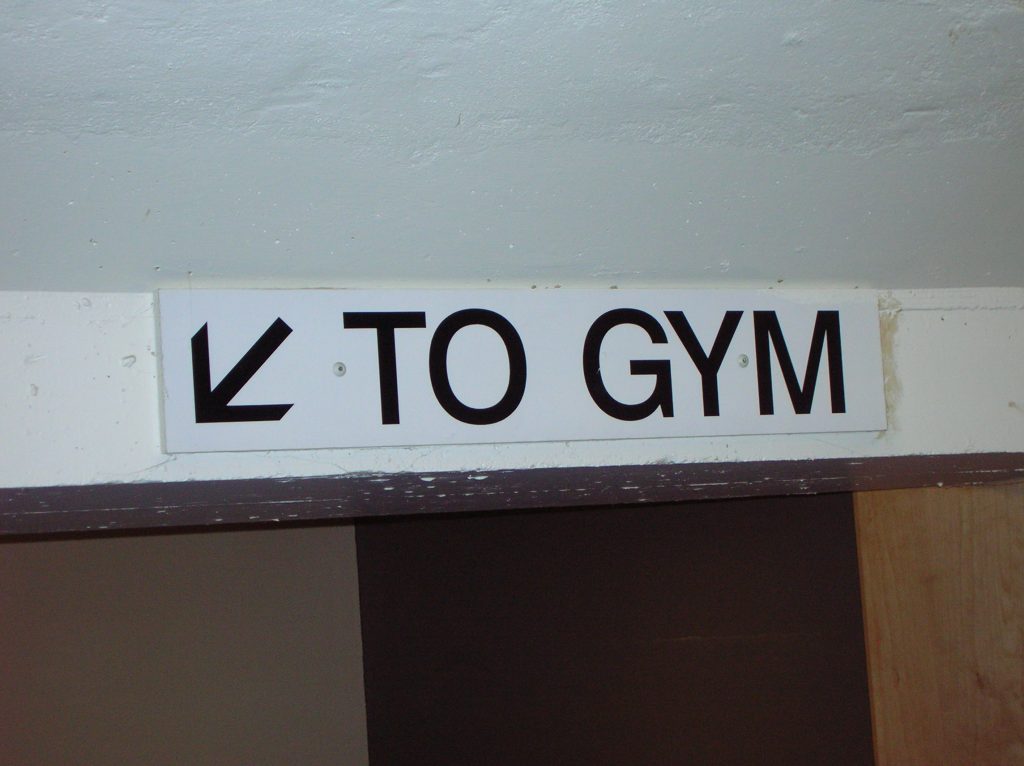 Many people own a gym membership but upwards of 80% of those people fail to regularly go to the gym. If you find yourself infrequently inside of a gym, it can seem like a strange place. There are many different machines and sometimes it isn’t so clear how to properly use those machines. Indeed, misuse of gym equipment can result in serious injury. So what sort of duty does a gym owe to its members? The following case may help shed some light on this issue.
Many people own a gym membership but upwards of 80% of those people fail to regularly go to the gym. If you find yourself infrequently inside of a gym, it can seem like a strange place. There are many different machines and sometimes it isn’t so clear how to properly use those machines. Indeed, misuse of gym equipment can result in serious injury. So what sort of duty does a gym owe to its members? The following case may help shed some light on this issue. 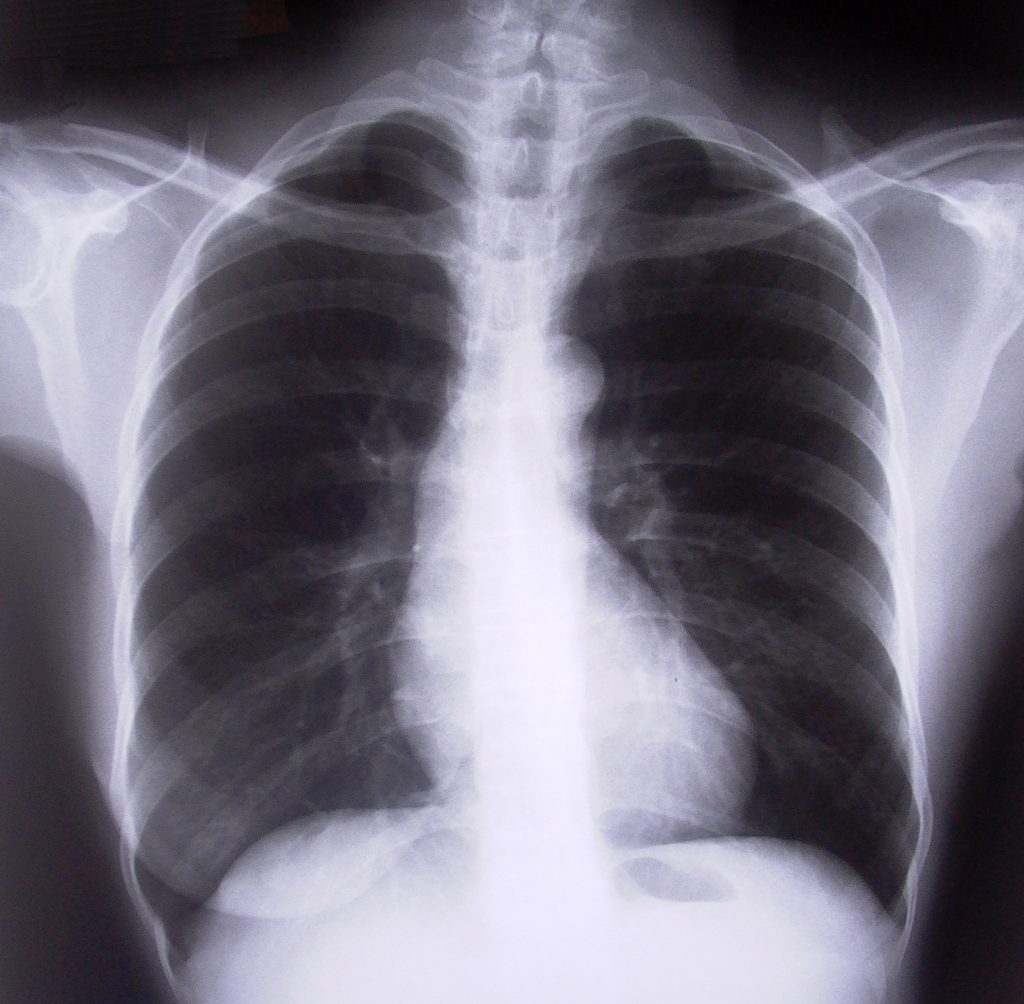 Medical malpractice can be a nuanced area of the law and good lawyers rely on the facts of a case coupled with their knowledge of the law and expert opinions to adequately perform their jobs. The following case illustrates that a competent legal team can make the most out of a tragic situation by obtaining some measure of justice and relief for a victim via compensation from the responsible parties.
Medical malpractice can be a nuanced area of the law and good lawyers rely on the facts of a case coupled with their knowledge of the law and expert opinions to adequately perform their jobs. The following case illustrates that a competent legal team can make the most out of a tragic situation by obtaining some measure of justice and relief for a victim via compensation from the responsible parties. Peanuts and cracker jacks are two cornerstones of the game of baseball. However, surgery is not. Yet, when one little leaguer got struck by a baseball during practice, the league’s insurer tried to get out of picking up some of his medical bills. The Louisiana Third Circuit Court of Appeal, however, was not going to let the insurance company off so easily.
Peanuts and cracker jacks are two cornerstones of the game of baseball. However, surgery is not. Yet, when one little leaguer got struck by a baseball during practice, the league’s insurer tried to get out of picking up some of his medical bills. The Louisiana Third Circuit Court of Appeal, however, was not going to let the insurance company off so easily. 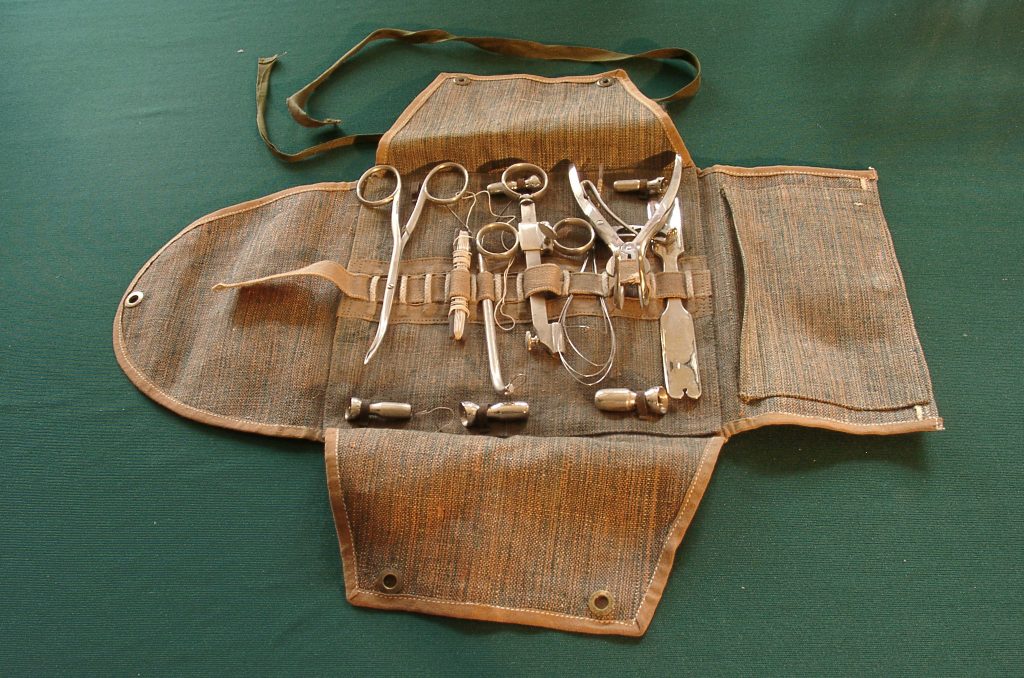 Upon entering a facility for medical treatment, we all hope that we will be treated properly. However, what happens when a medical or health care professional deviates from the profession’s standards? What happens if there is a mistake in the diagnosis or treatment? Such victims certainly have an opportunity to seek redress however sometimes a jury verdict can prove disappointing. This case out of Jefferson Parish demonstrates what happens when a trial court jury does not get the proper instructions necessary for deciding a complex medical malpractice claim in Louisiana.
Upon entering a facility for medical treatment, we all hope that we will be treated properly. However, what happens when a medical or health care professional deviates from the profession’s standards? What happens if there is a mistake in the diagnosis or treatment? Such victims certainly have an opportunity to seek redress however sometimes a jury verdict can prove disappointing. This case out of Jefferson Parish demonstrates what happens when a trial court jury does not get the proper instructions necessary for deciding a complex medical malpractice claim in Louisiana.  What starts out as an entertaining night out for a concert with friends, ends with painful injuries. Instead of enjoying your favorite music with companions, you must go to the hospital to treat injuries sustained due to negligent maintenance of the concert venue. You are now recovering from your injuries and are faced with medical expenses. You know that you shouldn’t be responsible for the medical bills; after all, you are hurt because someone failed to do their job. But who exactly is responsible? Determining the party responsible for personal injuries was a recent issue in a case out of Baton Rouge.
What starts out as an entertaining night out for a concert with friends, ends with painful injuries. Instead of enjoying your favorite music with companions, you must go to the hospital to treat injuries sustained due to negligent maintenance of the concert venue. You are now recovering from your injuries and are faced with medical expenses. You know that you shouldn’t be responsible for the medical bills; after all, you are hurt because someone failed to do their job. But who exactly is responsible? Determining the party responsible for personal injuries was a recent issue in a case out of Baton Rouge. 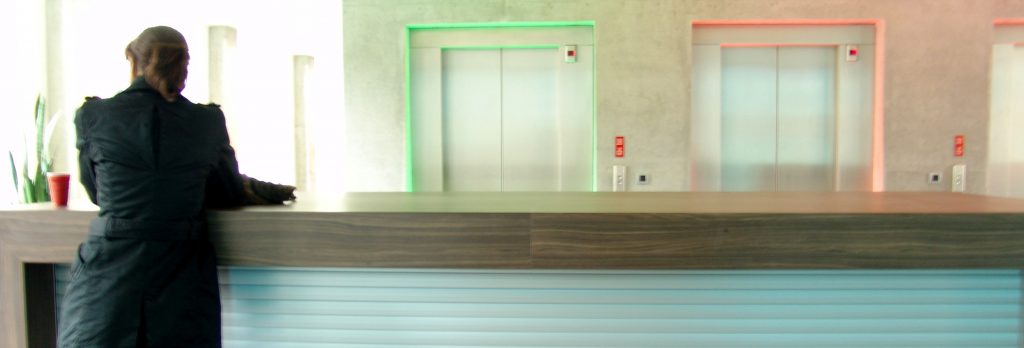 School bullying is a commonly discussed problem in our generation. Parents are often faced with dilemmas on how to protect their children and instruct them in dealing with bullies at school. In earlier eras perhaps this was considered a problem for the individual family to bear alone. In a recent case out of Plain Dealing, Louisiana however, the Louisiana Second Circuit Court of Appeal affirmed that school teachers and the school board can now be held liable for such bullying and its effects.
School bullying is a commonly discussed problem in our generation. Parents are often faced with dilemmas on how to protect their children and instruct them in dealing with bullies at school. In earlier eras perhaps this was considered a problem for the individual family to bear alone. In a recent case out of Plain Dealing, Louisiana however, the Louisiana Second Circuit Court of Appeal affirmed that school teachers and the school board can now be held liable for such bullying and its effects. 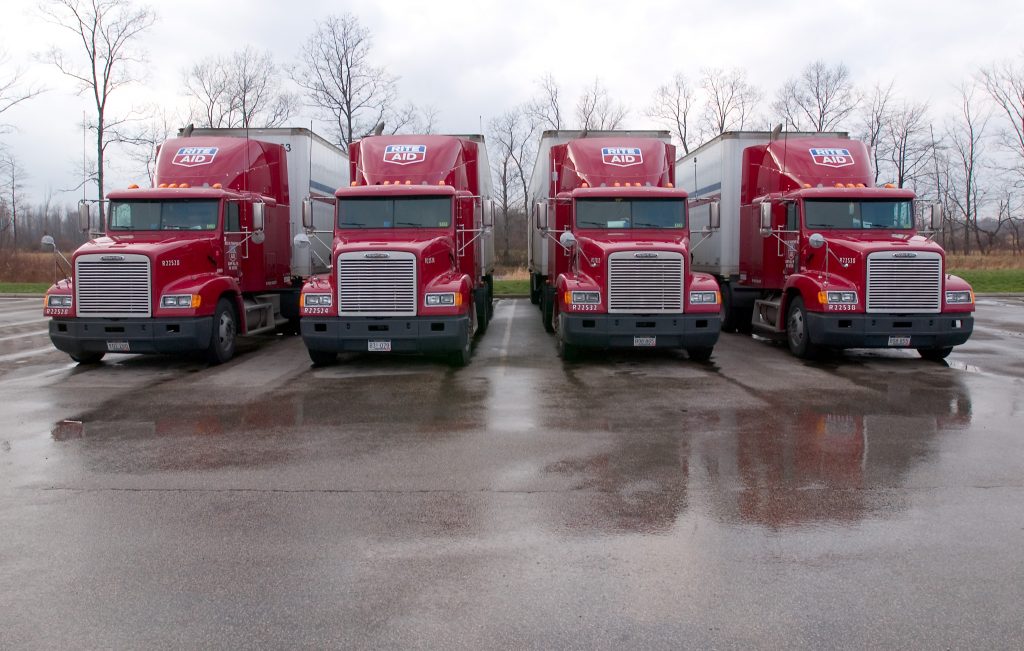 During litigation, a party may attempt to claim some form of privilege as an avenue not to produce certain evidence. There are various types of privileges that may be asserted. One that is familiar to many is attorney-client privilege. One that is not as familiar is work-product privilege. Work-product privilege is claimed in civil cases and is used to keep materials that are created in anticipation of litigation from being discovered by opposing counsel. However, to assert work-product privilege the party claiming it must be an adverse party in the lawsuit. A non-party is not entitled to work-product privilege, as Louisiana State recently learned when the Louisiana Second Circuit Court of Appeal affirmed that work-product privilege can only be claimed by an adverse party.
During litigation, a party may attempt to claim some form of privilege as an avenue not to produce certain evidence. There are various types of privileges that may be asserted. One that is familiar to many is attorney-client privilege. One that is not as familiar is work-product privilege. Work-product privilege is claimed in civil cases and is used to keep materials that are created in anticipation of litigation from being discovered by opposing counsel. However, to assert work-product privilege the party claiming it must be an adverse party in the lawsuit. A non-party is not entitled to work-product privilege, as Louisiana State recently learned when the Louisiana Second Circuit Court of Appeal affirmed that work-product privilege can only be claimed by an adverse party.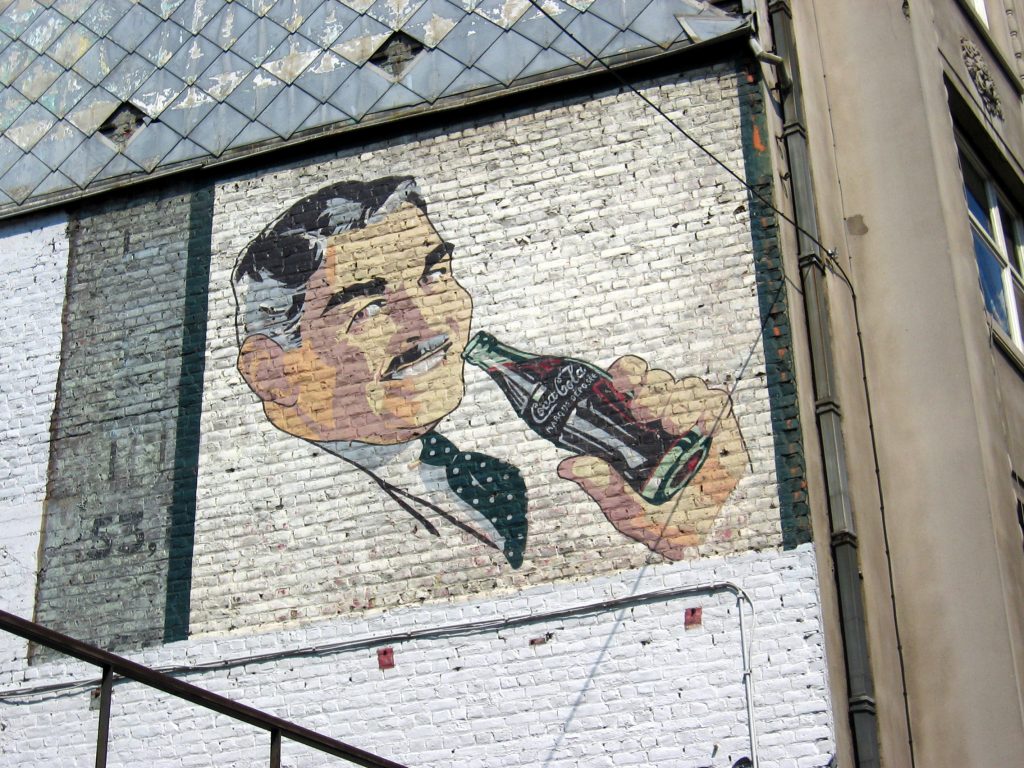 When are you on the job? While seemingly a simple question, many personal injury cases revolve around the issue of whether an individual was acting within the scope of his or her employment. The ramifications of the answer to this question determine whether a business is on the hook for its employee’s negligence. Recently, a Louisiana Court of Appeal (“the Court”) addressed this question when determining whether a Coca-Cola Bottling Company United, Inc. (“Coca-Cola”) employee was working for the company at the time of an accident.
When are you on the job? While seemingly a simple question, many personal injury cases revolve around the issue of whether an individual was acting within the scope of his or her employment. The ramifications of the answer to this question determine whether a business is on the hook for its employee’s negligence. Recently, a Louisiana Court of Appeal (“the Court”) addressed this question when determining whether a Coca-Cola Bottling Company United, Inc. (“Coca-Cola”) employee was working for the company at the time of an accident. As if having car troubles was not bad enough, imagine also losing your toe in the process. Well, that exact scenario happened to Valerie Babin. After her vehicle broke down in Gonzales, Louisiana, Ms. Babin called American Towing Enterprises to tow her vehicle. An American Towing Enterprises’s employee, Floyd Russo, arrived to help Ms. Babin. At this point, Ms. Babin’s day went from bad to worse. As Mr. Russo partially loaded the vehicle onto the truck’s flatbed, Ms. Babin went to turn off her vehicle’s emergency flashers. At the same time, Mr. Russo lowered the truck bed, which landed on Ms. Babin’s foot, crushing her big toe. Despite attempts to save her big toe, Ms. Babin eventually required surgery to remove it.
As if having car troubles was not bad enough, imagine also losing your toe in the process. Well, that exact scenario happened to Valerie Babin. After her vehicle broke down in Gonzales, Louisiana, Ms. Babin called American Towing Enterprises to tow her vehicle. An American Towing Enterprises’s employee, Floyd Russo, arrived to help Ms. Babin. At this point, Ms. Babin’s day went from bad to worse. As Mr. Russo partially loaded the vehicle onto the truck’s flatbed, Ms. Babin went to turn off her vehicle’s emergency flashers. At the same time, Mr. Russo lowered the truck bed, which landed on Ms. Babin’s foot, crushing her big toe. Despite attempts to save her big toe, Ms. Babin eventually required surgery to remove it.